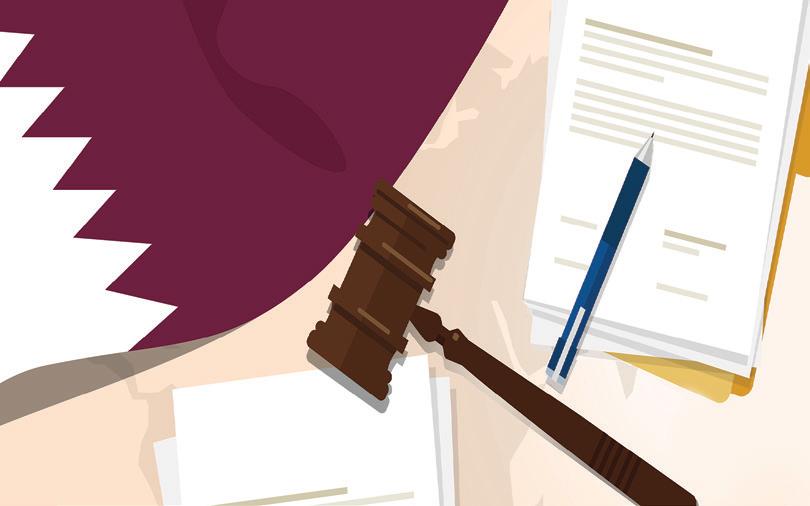
3 minute read
Qatar National Convention Centre (QNCC)
MOI's Emergency Service for the Deaf 992 uses advanced technological equipment to enable users to contact the emergency centre by: • Dialling 992 using a 3G camera from their computer or mobile phone. • Sending an SMS to 992 mentioning clearly the type of the problem and service needed – such as Ambulance, Civil Defense or Police – and the name of the user, address, and the injuries or deaths if any. • Emailing 992@moi.gov.qa eCASH Card The MOI will only accept credit, debit and eCASH cards as payment for many services including visas, residence permit applications and renewals, and payment of fines. The eCASH Card is a non-personalised prepaid card, obtainable from Qatar National Bank (QNB), which can be used to pay for such fees at ministries and government departments displaying the eCASH symbol. To purchase the card you need to show your ID card, or if you are a nonresident, your passport. Features: Valid for two years • No bank account needed • Reloading facility • Refundable credit in case of card loss or cancellation • Available to visitors and residents • Check balances and reload at any QNB ATM. Cost: One-off issuance fee of QAR20 • Reload with a minimum of QAR50. Issuing counters at: Traffic Department branches: Madinat Khalifa (HQ) C3, Al Maamoura D4/E4, E Ring Road/Old Airport (Al Matar Al Qadeem) D4. Immigration Department branches: Al Gharrafa C2, the Industrial Area, Hamad International Airport (HIA) D5, Al Wakra and Al Khor. Report your lost or stolen card as soon as possible. To report any suspicious transaction not initiated by yourself, call your bank, some of which have dedicated fraud lines. Useful Documents/Processing
You need to prove your identity in Qatar for all government and commercial transactions, so have plenty of: • Passport-size photos and several copies of the passport of each family member. • Copies of your marriage (attested) and birth certificates. • Original educational qualifications (copies are not accepted), which will need to be authenticated in your country of origin, along with a Bonafide Certificate. Translating a document: The official language in Qatar is Arabic. Each page of each document must bear the translation firm’s official stamp for it to be considered valid. Asia Translation and Services Centre 4444 0943 Qatar Translation Centre 4443 5354 Translations Studio provides professional translation, proofreading and editing in all languages. Contact Yvonne Ikram (appointed translator by EU Law), translations-studio.com Mandoub: Most organisations offer help to their employees on arrival and have a government liaison officer (mandoub) who is responsible for completing much of the official documentation. Government Services Complex: There are government service complexes across the country – Al Wakra, Al Daayen, Al Sheehaniya, Mesaimeer, Onaiza, Al Zubara, Al Hilal (C Ring Road), Al Rayyan, Umm Salal and The Pearl-Qatar. Opening times: Sun to Thu 7:30 am – 1 pm/3 pm – 7 pm, Fri and Sat closed. Call the Government Contact Center at 109 for more information. The complex provides the services of six ministries and government entities, namely: Labor; Justice; Commerce and Industry; Foreign Affairs; Education and Higher Education; and Qatar General Electricity and Water Corporation (Kahramaa).
The Qatar Labour Law – Kafala
The relationship between an employer and employee is regulated by the Qatar Labour Law. A copy of this can be downloaded via Hukoomi or read on qatarlaborlaw.com/qatar-labor-law, qatarlaborlaw.com/amendments Since 2018, Qatar has been taking major steps to reform its labour laws, and ease restrictions of the Kafala or employee sponsorship system, including abolishing exit permits, removing the no-objection certificate (NOC) requirement, introducing a minimum wage and more.










